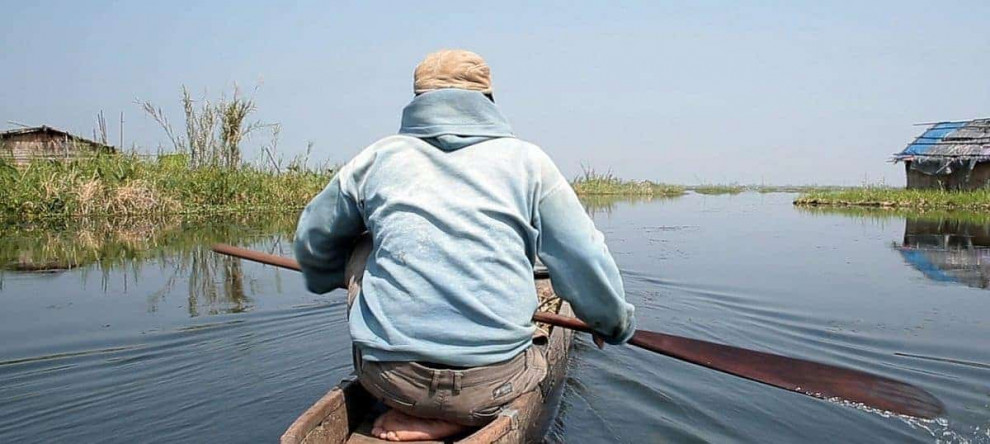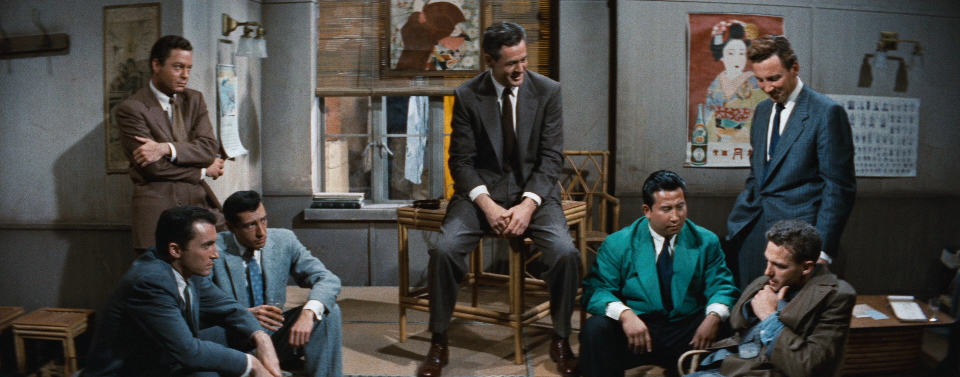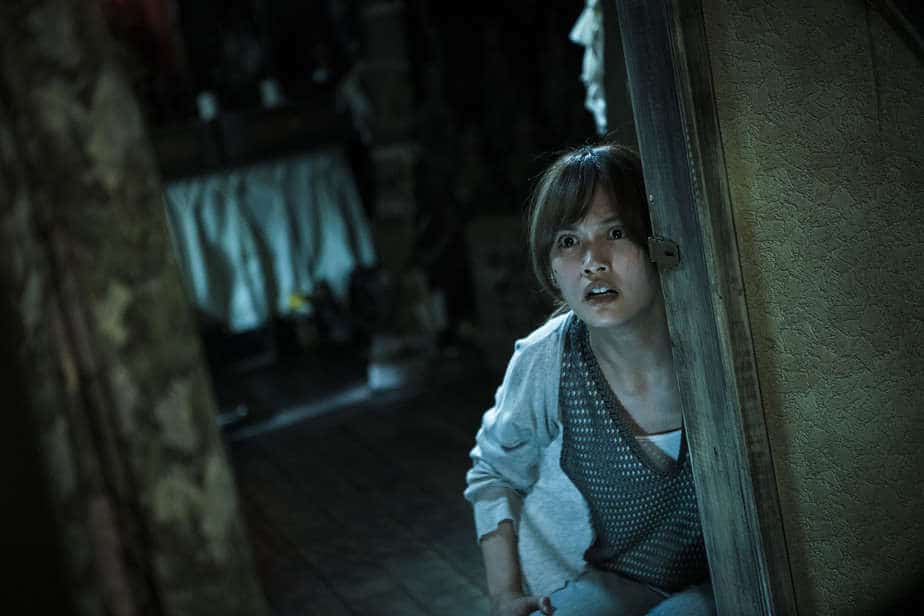The first feature film by award-winning documentary filmmaker Haobam Paban Kumar focuses in the state of Manipur in northern India, and particularly the Loktak Lake. This lake is characterized by its unique floating biomass named ‘phumdi', the primary source of livelihood for the fisherfolks who live on floating huts build on the phumdis for centuries.
As the film has a docudrama narrative style, its script is inspired by the 2011 events, when government authorities torched hundreds of the huts, blaming the fisherfolk for the pollution in the lake, and based on a short story by co-writer Sudhir Naoroibam.
“Lady of the Lake“ screened at the Indian Film Festival of Los Angeles
In that fashion, the story looks at the inhabitants of the area and their radically different composure. The women are determined in their struggle against the authorities, and drawing strength from their desperation, have taken over almost all of the work in the lake. On the contrary, the men have succumbed to depression, and are just sitting idly through most of the day, frustrating themselves and their wives. Tamo is one of them, and his stress for their future has taken over him completely, not allowing him to sleep and barely giving him will to work. When he finds a gun in the phum, his attitude changes for the worse, while, at the same time, he starts seeing a mysterious woman on a boat in the water.
I have to admit that the whole concept of the docudrama does not hold much appeal with me, and “Lady of the Lake” is not the film to change that. The documentary aspect is quite good, as the presentation of the living conditions in the lake is highly realistic. On the other hand, the dramatic aspect is mediocre, headed by the narrative, which, at times, I felt that it only draws away from the importance of the feature. The acting, although very realistic, does not help with this issue.
However, the technical aspects of the film and particularly Shehnad Jalal's cinematography are outstanding. Starting with the impressive introduction, the depiction of the calm beauty of the lake anchors the film, as it presents wonderful images of the environment and the everyday life of the fisherfolk. This serenity is additionally implemented by the total lack of music, the very subtle sound, and Sankha's editing that retains the slow rhythm of the movie. Additionally, this serenity makes the few scenes that lack it, as is the one where the government officials come to the lake with a huge machine named Watermaster, and the heated local council meetings, even more impressive, as they break the permeating quietness.
At the end of the film, I felt as if “Lady of the Lake” would better fulfill its purpose as a documentary rather than a docudrama. The cinematography, however, definitely compensates, and, as the film's duration is just 71 minutes, it definitely deserves a watch, if only for the outstanding images of life in a relatively unknown place of the world.


















